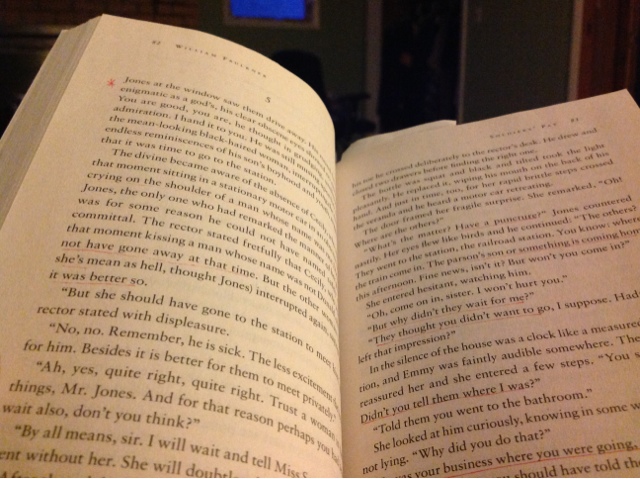The Productive Reader - Read 30/Think 30
I was trying to come up with a creative process that would yield better reading comprehension. I always work best in one hour blocks, which allows me not to invest so much time on one project. I get carried away sometimes and forget I have other projects I need to complete.
The reading portion of this exercise is pretty straight forward. Get timer set it for 30 mins and just read. As usual, stay in constant dialogue as you read. Annotate your text. Underline or make passage that are intriguing, circle words that are unfamiliar. So pretty much do what you do. I would find my self reading for an hour straight and not really getting involved with the text. I would jump of after reading and really never let the information soak in. So I needed to develop a process that was efficient for future projects involving the information I was reading. The key here, was thinking ahead. I would spend more time rescanning a text if I didn't take the time to organize my thoughts after reading. Being a more productive reader to me is paramount to my eventual projects. Invest time right after reading is valuable, because your not just letting go what you put in your head.
Think 30
For me the best way to think is to write. So doing a 15 minute free write directly after reading allows me to pose fresh questions and come up with possible answers. It also allows me to get all the stuff out of my head that holds me up from the meatier thoughts.
Next I take 5 mins to compose at least a couple questions to pose. And seek possible answers and evidence to back up those questions.
Finally and this is optional but highly recommended. Rewrite and organize your thoughts. This step is valuable because you need to review what your thought were. Also to organize them neatly with save a lot of time in the long run seeking out valuable information for intended projects. Not only that but it will make what you spent your reading more likely to stick with you.
It is important to note that this process doesn't have to restricted to one hour of time. You can move it however you like. But always set aside at least have the time you read to get down what you thought.
Read 30 / Think 30
Read 30:
Read for 30min
Pencil
Annotate as you read (be in dialog with text)
Circle any words you don't understand
Think 30:
Pencil
Scrap paper
Free write for 15min
Ask questions
Pose possible answers
Summarize imbed text this way
Pose questions for yourself and the professor 5 min
Try to answer those questions
Have textual evidence
Organize notes for productivity 10min
Look words up
Proof Read & organize
The reading portion of this exercise is pretty straight forward. Get timer set it for 30 mins and just read. As usual, stay in constant dialogue as you read. Annotate your text. Underline or make passage that are intriguing, circle words that are unfamiliar. So pretty much do what you do. I would find my self reading for an hour straight and not really getting involved with the text. I would jump of after reading and really never let the information soak in. So I needed to develop a process that was efficient for future projects involving the information I was reading. The key here, was thinking ahead. I would spend more time rescanning a text if I didn't take the time to organize my thoughts after reading. Being a more productive reader to me is paramount to my eventual projects. Invest time right after reading is valuable, because your not just letting go what you put in your head.
Think 30
For me the best way to think is to write. So doing a 15 minute free write directly after reading allows me to pose fresh questions and come up with possible answers. It also allows me to get all the stuff out of my head that holds me up from the meatier thoughts.
Next I take 5 mins to compose at least a couple questions to pose. And seek possible answers and evidence to back up those questions.
Finally and this is optional but highly recommended. Rewrite and organize your thoughts. This step is valuable because you need to review what your thought were. Also to organize them neatly with save a lot of time in the long run seeking out valuable information for intended projects. Not only that but it will make what you spent your reading more likely to stick with you.
It is important to note that this process doesn't have to restricted to one hour of time. You can move it however you like. But always set aside at least have the time you read to get down what you thought.
Read 30 / Think 30
Read 30:
Read for 30min
Pencil
Annotate as you read (be in dialog with text)
Circle any words you don't understand
Think 30:
Pencil
Scrap paper
Free write for 15min
Ask questions
Pose possible answers
Summarize imbed text this way
Pose questions for yourself and the professor 5 min
Try to answer those questions
Have textual evidence
Organize notes for productivity 10min
Look words up
Proof Read & organize



Comments
Post a Comment